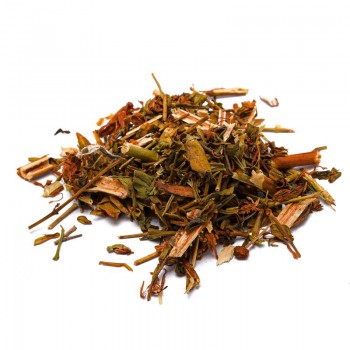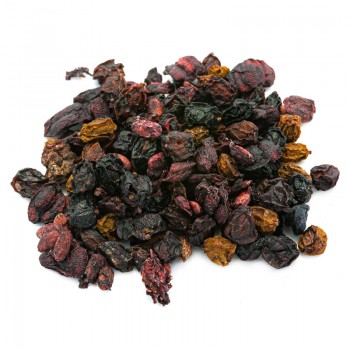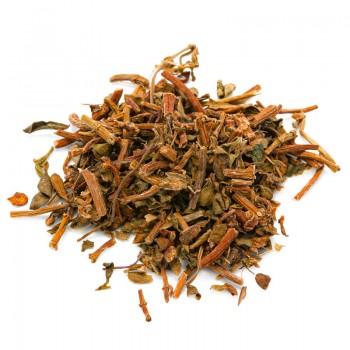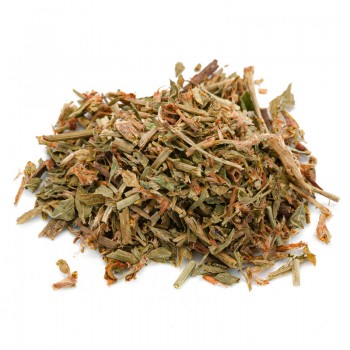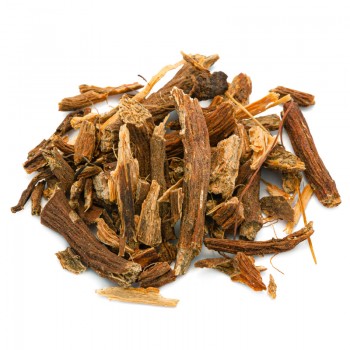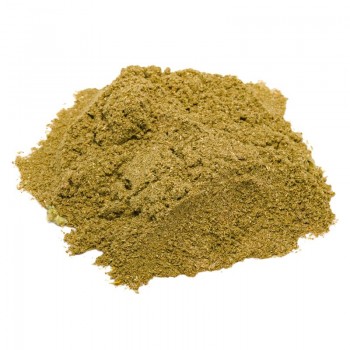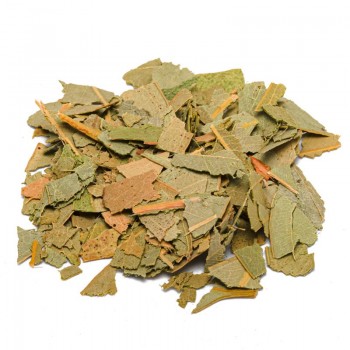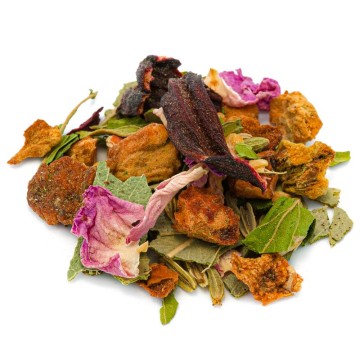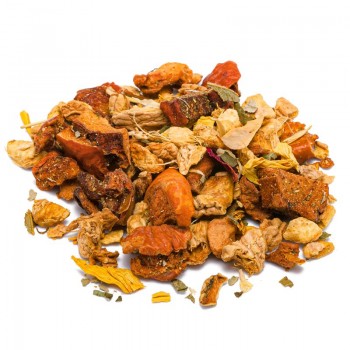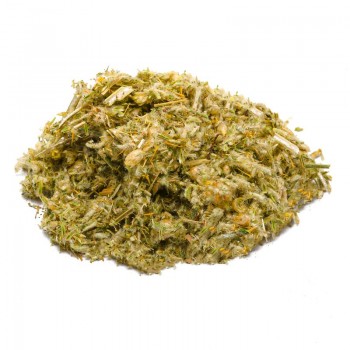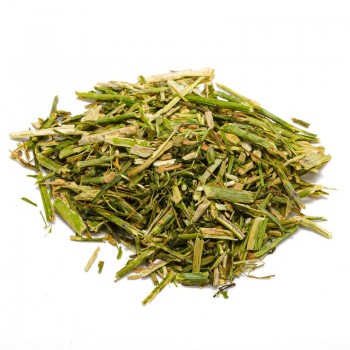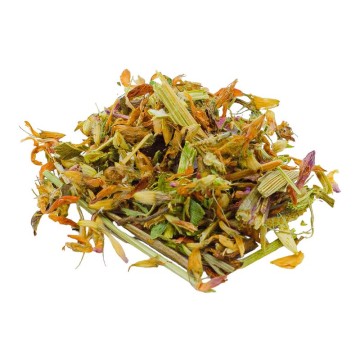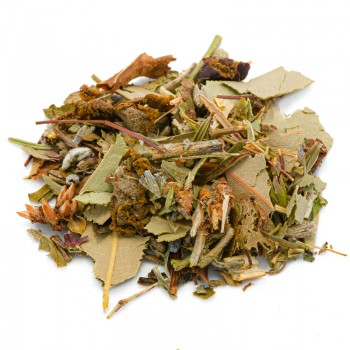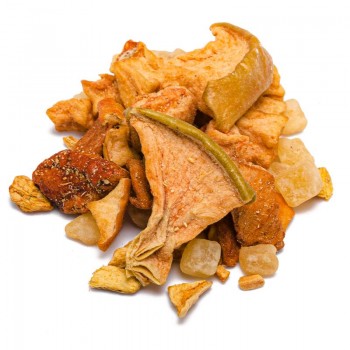The herbal tea compound based on Euphrasia provides a combination of flavors that refresh the palate, while simultaneously providing a delicate, herbaceous and floral touch. The enveloping sensation of these multiple nuances stimulates the senses with its enveloping taste.
The herbal tea is perfect for a moment of regenerating well-being, also thanks to the combination of herbs such as Euphrasia and licorice root. Among the most historically known plants are also nettle, peppermint and emollient plantain.
Another aromatic element of the herbal tea compound is ginkgo biloba, one of the oldest plants in the world.
Plant and flowers
The components of the herbal tea are many, and the mixture contains medicinal herbs of various origins. Today, they are conveniently available everywhere, dried and ready for infusion.
Euphrasia or Euphrasia officinalis, is a plant of the Scrophulariaceae family. It is considered hemiparasitic, that is, a plant that lives on the roots of other plants, to be able to take water and mineral salts from them - despite containing chlorophyll. It flowers between summer and late autumn. Licorice (Glycyrrhiza glabra) is a perennial shrub native to southwestern Asia and the Mediterranean area. Its root has been widely used in traditional Chinese medicine and in other cultures. The root also creates a sweet compound for pastry, glycyrrhizin. To grow best, licorice requires deep, well-cultivated, fertile and moist soil. The Ginkgo biloba plant, also called maidenhair fern, belongs to the Ginkgoaceae family. It is a plant native to southern China, considered a living fossil (the only survivor of a group of very ancient plants). It grows up to 30 meters tall, shows tough, fern-like leaves. To grow it prefers full sun, sandy, moist and well-drained soils.
Plantain is Plantago major L. of the Plantaginaceae family. It is a perennial species that grows in meadows and fields, along roadsides. It prefers compact soils, which it can break with its roots, and can survive trampling well. Native Americans called it the white man's footprint because it appeared in the areas around European settlements.
Urtica dioica is a perennial flowering plant of the Urticaceae family. Nettle is native to Europe, temperate Asia and western North Africa. Now widespread throughout the world, it is divided into six subspecies, with the famous stinging hairs on the leaves and stems. Peppermint (Mentha × piperita) is a hybrid between spearmint (Mentha spicata) and water mint (Mentha aquatica). It is part of the Lamiaceae family. It can grow in full sun or partial shade, on various types of soil. It prefers moist soil, but does not tolerate stagnant water.
How to prepare herbal tea
The infusion is obtained by pouring about 3-5 grams of the herbal mixture into a cup (250 ml) with water at 100 °C.
Leave to infuse for 8 to 10 minutes, before drinking the herbal tea. Add honey or sugar, if desired.
Herbal mixture: side effects and contraindications
It is recommended to take the product maintaining the recommended doses. Avoid use in case of known allergies or hypersensitivity to one or more ingredients of the herbal mixture. The mixture is not recommended during pregnancy and breastfeeding.

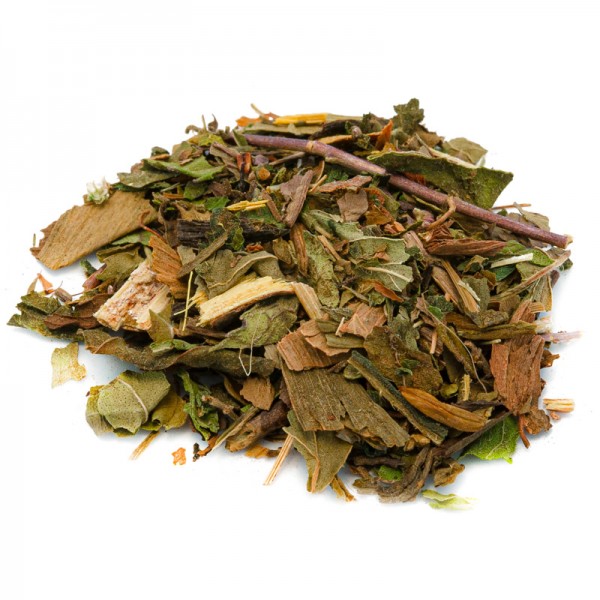









 No reward points for this product.
No reward points for this product.
